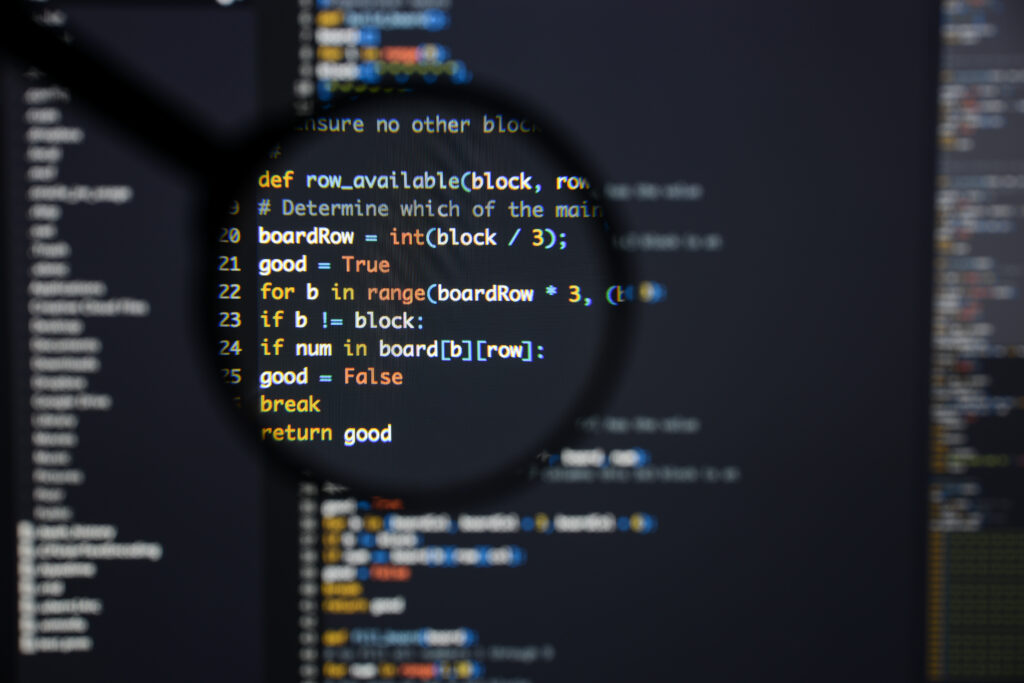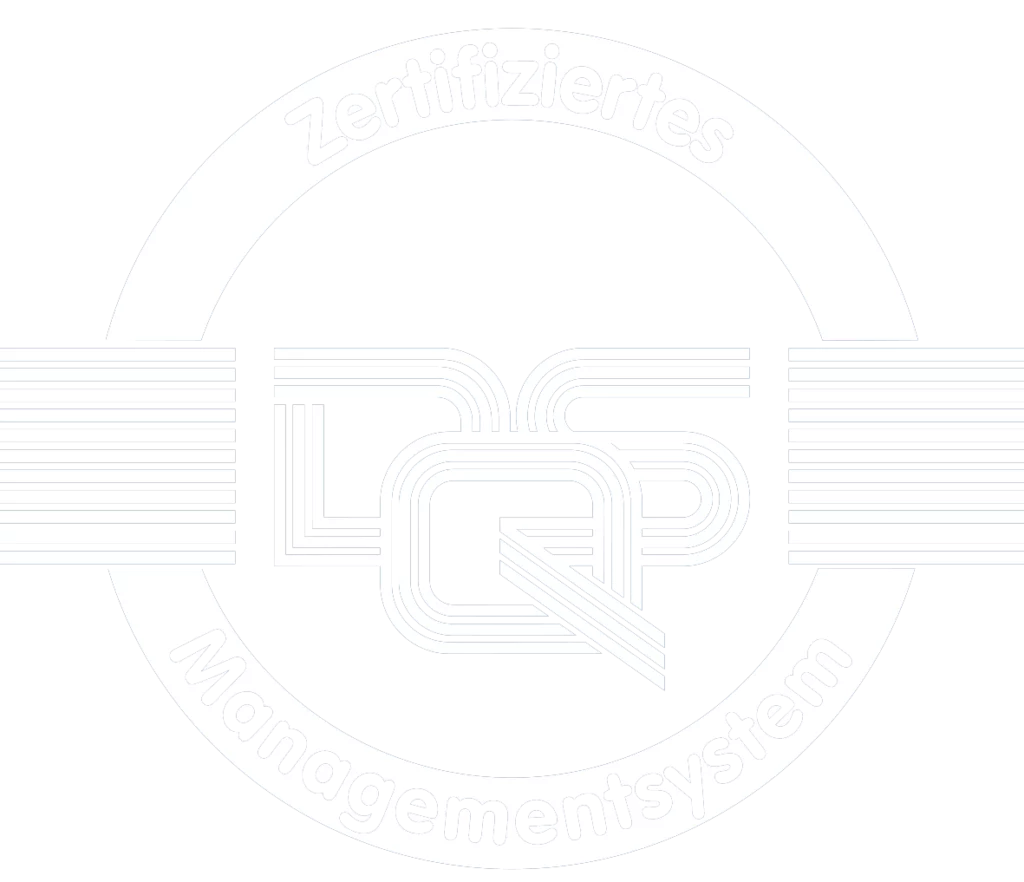So you’ve decided you want to take a Data Science course. Now all you have to do is go on Google, find the course with the most comprehensive curriculum, and just sign up. Right?
Not quite!
There is actually a sequence of steps – and several insider secrets – that you should be aware of if you want to take a Data Science course. This article is going to reveal to you all of them, and provide you with the most updated list of the best Data Science courses out there today.
We’ve also provided an exhaustive FAQ at the end, to make sure that any doubts you still have on this topic will be cleared.
CONTENTS
- Step 1: SQL, Python, R, SAS – the Data Science languages
- Step 2: Which Data Science course is best for beginners?
- Step 3: Which course is best to become a Data Scientist?
- Option #1: Online Data Science courses
- Option #2: Data Science bootcamps
- Option #3: University courses in Data Science
- FAQ
- What is Data Science?
- Is Data Science hard?
- How much maths do I need for data science?
- Can I learn Data Science in 3 months?
- Which place is best for a Data Science course?
- Which Data Science course is the most future-proof?
- Do I need a certificate to do Data Science?
- What sort of job can a Data Scientist do?
Step 1: SQL, Python, R, SAS – the Data Science languages
While there are numerous technical tools used in Data Science, the fundamental distinction you must be able to make is between the major programming languages. These are SQL, Python, R and SAS.
Python is by far the most widely used of the four, for the simple reason that it is a general purpose language with applications much broader than just Data Science. It’s also highly intuitive and easy to use. You will find the majority of courses linked here offer Python, and with reason. It’s a perfect starting point for many fields in programming and we recommend starting from there too.

SQL is very popular with a great deal of businesses, but is much simpler and more limited than all the other options here, being employed only for comparatively basic data operations. It should certainly be part of your curriculum if you want to cast a wide net when looking for jobs in Data Science. Be aware, however, that it will not be sufficient by itself to work as a Data Scientist/Analyst.
R is a highly popular language in academia, less so outside of it. It should be your port of call if you intend to study data in the context of scientific or academic research.
Finally, SAS is enormously important, but only in very specific fields, like government, banking and biopharma. It can certainly open some excellent doors, but it’s not an ideal starting point unless you already know exactly where you will work.
Step 2: Which Data Science course is best for beginners?
Do not start your journey by signing up for a full-fledged Data Science course.
This is so important, it’s worth saying again: do NOT commit to the lengthy and sometimes expensive process that is a full Data Science course as your first step!
Instead, ease your way into the topic with tutorials that are customisable, beginner-friendly, and inexpensive (or even free). A great deal of subscription-based platforms will let you sign up for a month at fairly cheap prices, and try your way around.
We have selected three excellent options you can start from:
Step 3: Which course is best to become a Data Scientist?
Now that those foundational courses have furnished you with a basic understanding of what Data Science is and what working with it is like, you will have to choose one of several learning paths.
Option #1: Online Data Science courses
The average Data Science course out there will be a self-paced, self-learning program, sometimes offering additional services in the form of occasional 1-on-1 consultations with instructors, but mostly leaving you to your own means.
Their primary advantage is their flexibility: you can usually learn in your own time and take subjects in whichever order you prefer. If this is what you’re looking for, then here are the top online Data Science courses available in 2024.
Option #2: Data Science bootcamps
A Data Science bootcamp is a highly intensive type of course, but also one in which you are not alone. You will usually work as part of a class, under the supervision of an instructor, and supported by a Career Service department.
Bootcamps are generally more challenging and expensive than regular courses, but are also more closely aligned with the job market, and will usually equip you with practical skills intended to let you find a job.
In the following list, the category “Funding Assistance” refers to whether a bootcamp offers support from its services in terms of finding a sponsor to cover the cost of your tuition fees. Where the bootcamp does not offer this support, it may still be possible to find a sponsor independently.
The category “ISA”, on the other hand, refers to whether there are income-sharing agreements available for the bootcamp – sponsorship systems in which you are loaned the money for the tuition, but don’t start repaying it until you have found a job and are being paid.
The top bootcamps for Data Science in 2024 are the following.
Option #3: University courses in Data Science
University courses in Data Science are by far the most exhaustive on the topic, largely because they include a great deal of theoretical knowledge, even of the type that isn’t actually used in a professional setting.
The best university courses will depend on your location and the languages you speak, and there are thousands of them offered around the world, so a list of that particular type is beyond the scope of this article.
Having said that, if you’re keen on an academic approach you might want to check out providers like edX and Coursera, as some of the Data Science courses they offer have been designed and/or validated by prestigious universities around the world.
Now onto our FAQ!

What is Data Science?
Data Science is the academic and/or professional discipline that deals with gathering, sorting, cleaning, analysing and presenting data, usually by means of standardised programming tools. It’s among the most sought-after professions in tech right now.
Is Data Science hard?
Data Science is not as hard as most people think it is. Most of the actual mathematics is done by the computer, and what you need is the expertise and the patience to use the right IT tools. That said, Data Science is very much about crunching numbers, so if that is not your jam, you will definitely struggle.
How much maths do I need for data science?
The most frightening question! In order to learn Data Science, you should have at least a high-school level understanding of statistics, algebra and calculus. It’s not necessary to know the sort of advanced maths they teach at university, at least not to get started in the field.
If you wish to look into this question any further, we’ve written an extensive article answering exactly that question, how much maths do you need to learn Data Science.
Can I learn Data Science in 3 months?
It is possible to learn enough Data Science in 3 months to start building your own projects and to apply for junior positions in a related field. It is absolutely not possible to master Data Science in 3 months, and perhaps not ever – there are just too many tools and specialisms in the field for any one person to become an expert on them all.
Which place is best for a Data Science course?
Location is becoming increasingly less relevant as more and more education shifts online. For most people, the best place to learn Data Science is from the comfort of their home, by studying remote. Even many university courses are accessible this way.

Which Data Science course is the most future-proof?
Naturally, academic qualifications in Data Science – particularly post-graduate degrees like Masters and PhDs – are those that will stay relevant on your curriculum the longest. Be aware, however, that tech is an extremely fast-changing field, and that all courses – even university degrees – are ultimately perishable.
The way to counter this is to make sure you start working as early as possible after completing your course. Thus, make sure you select a learning program that is oriented towards the modern job market.
Do I need a certificate to do Data Science?
Most Data Science courses nowadays offer a certificate, the value of which will depend on your location and what kind of job market you’re working in. For more advanced certificates offered by institutions like the Open Group, DASCA, or the SAS Institute, or for specialised ones like the Microsoft Certified: Azure or the Google Advanced Data Analytics Professional Certificate, please refer to our guide to Data Science certificates in 2024.
What sort of job can a Data Scientist do?
A professional with the skills to work as a Data Scientist can usually cover a wide variety of other roles, particularly in the field of analysis: Data Analyst, Financial Analyst, Marketing Analyst, Web Analyst, Product Analyst. For those with a more advanced level of skill it’s also possible to work as a Data Engineer, a Data Architect or a Data Administrator. We’ve written an extensive guide on what a Data Science graduate will be doing on their first job which we recommend you check out!
And that brings our guide to a close! We hope it helped to clarify the way forward for learning Data Science. Now go forth and make the field your own!






